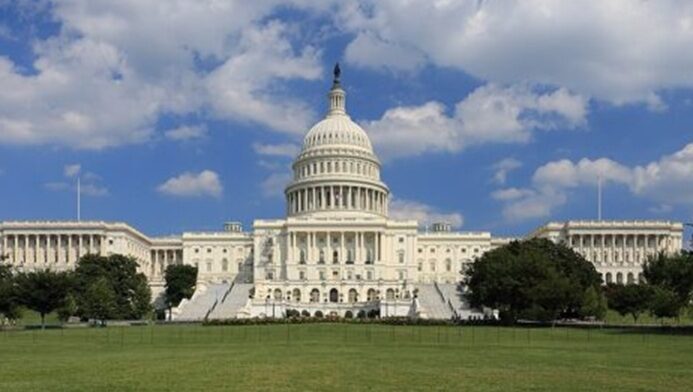David Roodman shopped for the largest allowable solar installation for his Washington, D.C. home because, he says, “I wanted to push whatever limit was there.”
He found D.C.’s net metering law permits rooftop solar that is “intended primarily” for self-consumption—a limit that was interpreted as 100% of past usage.
Maryland’s net metering law uses the same phrase, yet its regulators set the limit at 200% of past usage, which reflects “a reasonable reading of the word ‘primarily,’ as being something more than half the output,” staff lawyers for the state regulatory agency explained.
So when the local utility denied Roodman’s plan for rooftop solar to provide 120% of his past usage, Roodman filed a formal complaint with the D.C. Public Service Commission. A hearing examiner ruled against him, but in a lucky break, an attorney suggested he could file a comment in an ongoing regulatory docket.
“So I did my best to write something that looks like the sorts of documents that the lawyers representing utilities write, with the right kind of footnotes and the right font,” said Roodman. “You know, I did my research and I just tried to make the argument as well as I could in five or six pages.”
Last week the D.C. Public Service Commission agreed with Roodman and a regulatory working group that he had joined, issuing a ruling that will increase the net metering limit by 20% per year for five years, reaching 200% in 2024. A customer whose generation exceeds consumption will be compensated for the excess generation at the wholesale price per kWh. The Commission may suspend an annual increase due to concerns over reliability, safety, or cost impacts.
Worth it?
For a D.C. solar owner, most of the financial benefit comes from the sale of renewable energy credits, Roodman says. So he’s fine with earning compensation only at the wholesale rate for his excess generation, because that generation will still create valuable credits, and besides, “we have do everything we possibly can to make the energy supply cleaner.”
In other states, renewable energy credit prices “are much lower or zero,” Roodman says. “Still, I think there are plenty of people who can afford to push the limits of their roofs even if the excess earns them nothing, and who would be happy to do so. It’s a small contribution to protecting the atmosphere.”
As panel efficiencies increase, enabling them to generate more energy per square foot, D.C.’s increasing limits to 200% will help the city’s future solar buyers fill their rooftop with solar, including those who plan to buy an electric vehicle or electrify their heating. And to the extent they do, the increased limit will help D.C. meet its 100% by 2032 renewables mandate.
California’s chance
Roodman says that California, where regulators have also interpreted the net metering phrase “intended primarily” as 100% of past usage, should consider raising the limit as D.C. has done.
California is “a really big state with a huge amount of residential solar potential. I don’t want to exaggerate the immediate benefits from raising the ceiling. But we’ve got to do everything we can.”
Other states that may have the same opportunity include Illinois, Kansas, Missouri and Ohio, according to research Roodman conducted last year.
Advocacy
Roodman’s experience led him to reflect on the value of different kinds of advocacy. Net metering laws were achieved in the first place by activists, he said, who organized and communicated to convey the policy’s value. For his part, “I’m an analyst, an explainer, a dissector of arguments, and in this particular case, that was useful,” he said. “So it makes me appreciate that there’s value in different approaches.”
This content is protected by copyright and may not be reused. If you want to cooperate with us and would like to reuse some of our content, please contact: editors@pv-magazine.com.








This is an excellent article, William. Thank you for sharing it with us.
I think that energy efficiency should be a primary factor with regard to approving installations. This action should be a blue print for PSCs throughout the country. However, in my area, FL energy sustainability isn’t currently being considered by the legislature. The main concern here is resiliency and economic impact. I hope that will change in the months and years to come.
However, our neighbor to the south, Puerto Rico places a much higher value on sustainability and has enacted legislation to move towards 100% RE by 2050. We are all awaiting the IRP from the Puerto Rico Energy Bureau (PREB) that will outline incentives to make it a realistic and achievable objective.
I ran into this issue in South Carolina. The utility limited my installation to 80% of my past usage. Unfortunately I didn’t have time to push the issue because the net metering limit was closing the door on net metering all together. Really disappointing.